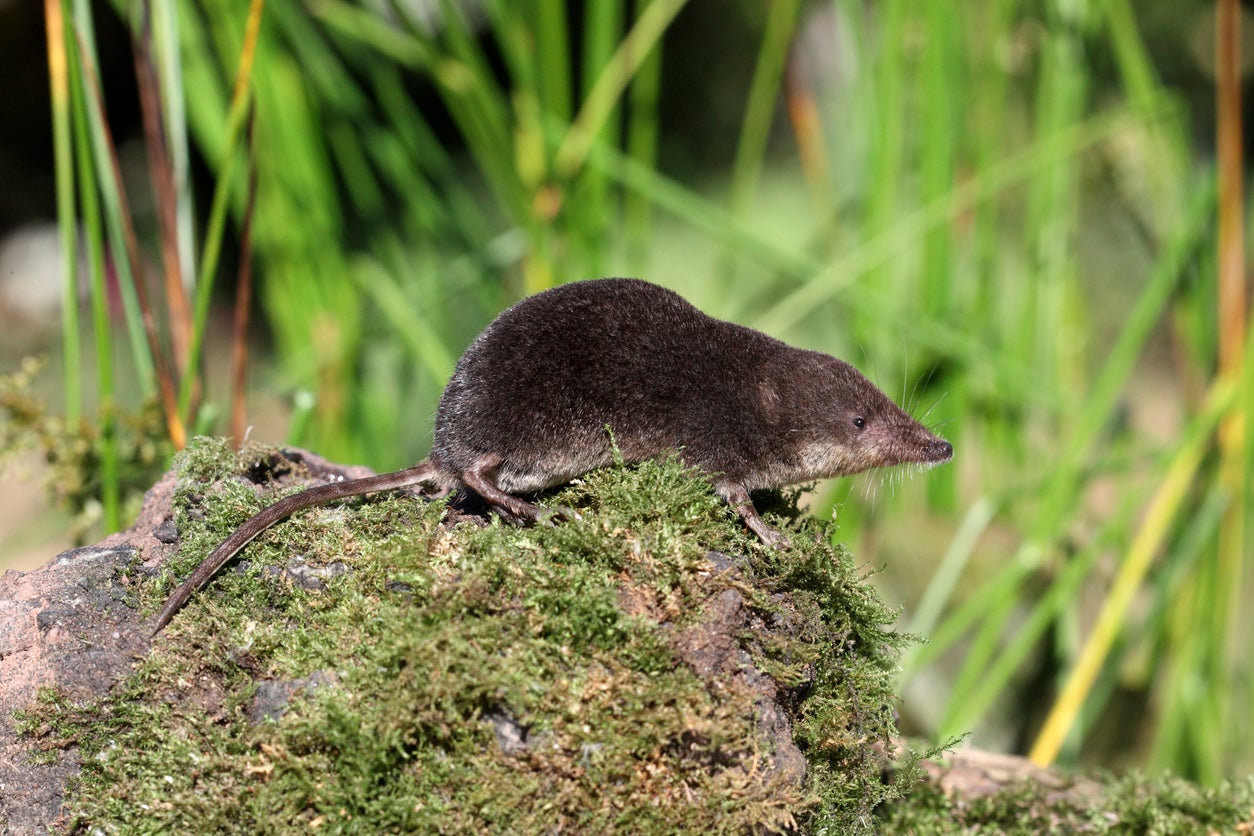Rats and shrews less genetically diverse than 500 years ago because of humans
Study’s authors say impact of humans on such mammals highlights need to protect biodiversity, reports Furvah Shah

Rats, shrews and other small mammals are less genetically diverse compared to 500 years ago because of humans, according to a new study.
Researchers at Stanford University found that when comparing mammal remains in pre-colonial North America to those of today, they were less diverse and differently structured which shows the extent of the impact of human activity on ecosystems.
“The way that we manage lands matters, and that it is not too late to protect our lands in order to protect biodiversity,” said Dr Maria Viteri from Stanford University’s department of biology.
Subscribe to Independent Premium to bookmark this article
Want to bookmark your favourite articles and stories to read or reference later? Start your Independent Premium subscription today.
Join our commenting forum
Join thought-provoking conversations, follow other Independent readers and see their replies